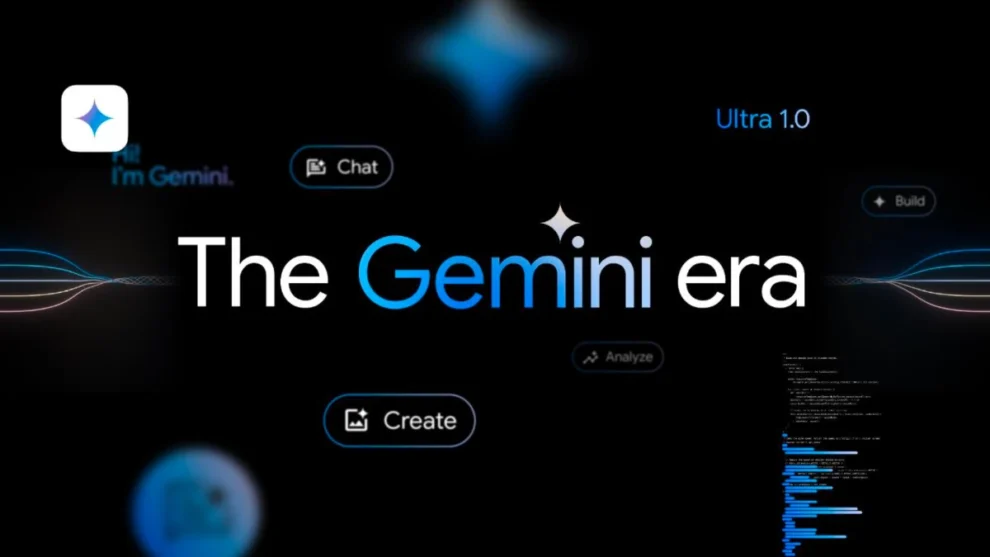San Francisco, CA – The recent introduction of the Gemini app by Google has sparked widespread discussion within the tech community, primarily due to its unexpected impact on Google Assistant functionality on Android devices. As users navigate this new software landscape, questions arise about the future of virtual assistance and AI integration on mobile platforms.
Key Highlights:
- Using the Gemini app on Android automatically disables Google Assistant.
- Concerns have been raised regarding the app’s compatibility with existing Google services and overall user experience.
- Gemini, representing Google’s advanced AI technology, aims for seamless integration across Google products.
- The app’s launch has led to debates on strategic branding and its potential implications for Google’s AI offerings.
- Google’s response includes a dedicated effort to refine and enhance the Gemini app experience.

The Emergence of Gemini: A New AI Frontier
Google’s latest venture into AI, the Gemini app, stands as a testament to the company’s ongoing innovation. However, this introduction has led to an unforeseen consequence for Android users: the automatic deactivation of Google Assistant upon Gemini’s activation. This development has ignited a mixture of curiosity and concern among users reliant on Google Assistant for daily tasks and information retrieval.
Compatibility and User Experience: A Balancing Act
The core objective behind Gemini’s development was to provide a unified and enhanced user experience across Google’s ecosystem. Nevertheless, the resultant incompatibility with Google Assistant has prompted a reevaluation of this integration strategy. The situation underscores the challenges tech giants face in balancing innovation with maintaining continuity in user experience.
Strategic Branding and Future Directions
The choice of ‘Gemini’ as the branding for this new AI venture has sparked discussions around its significance and future potential within Google’s product lineup. The debate touches on broader themes of how strategic branding influences consumer perception and the adoption of new technologies.
Google’s Commitment to Refinement
In response to feedback, Google has embarked on a path to address these integration challenges, demonstrating its commitment to evolving its AI offerings in a way that best serves user needs. This approach reflects a broader commitment to responsible AI development, emphasizing the importance of safeguards and ethical considerations in the advancement of technology.
Conclusion
The introduction of the Gemini app and its subsequent impact on Google Assistant functionality represents a pivotal moment in Android’s AI journey. As Google navigates these challenges, the focus remains on enhancing user experience and ensuring that innovations like Gemini can coexist harmoniously with existing services. The tech community eagerly anticipates further developments, underscoring the dynamic nature of the AI landscape and its implications for the future of digital assistance.


















